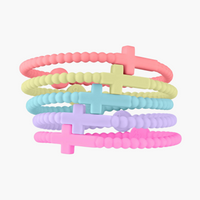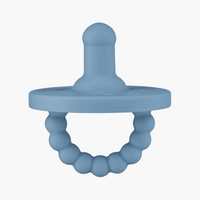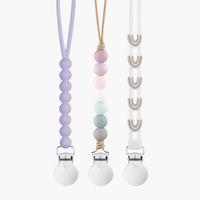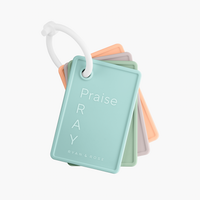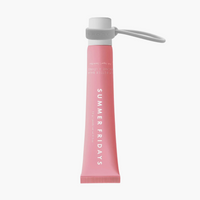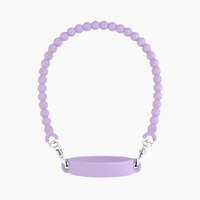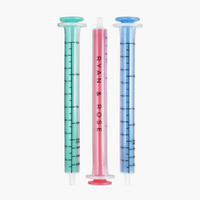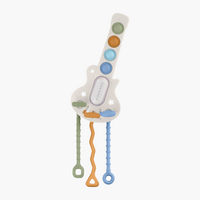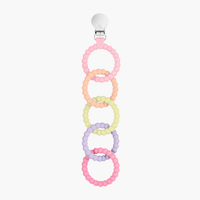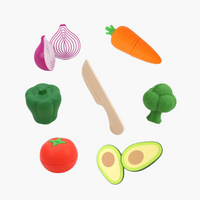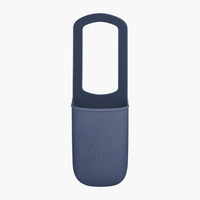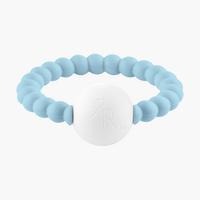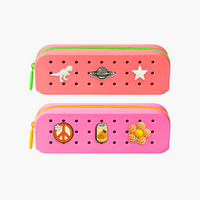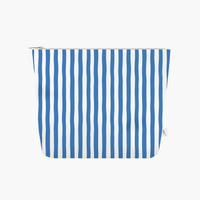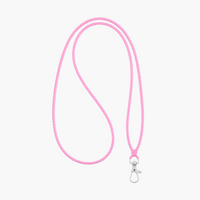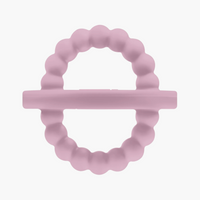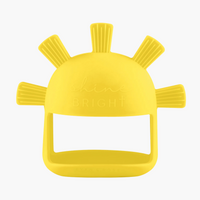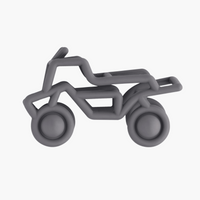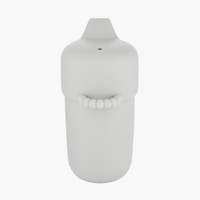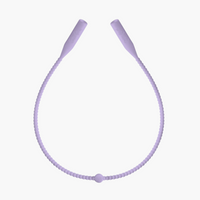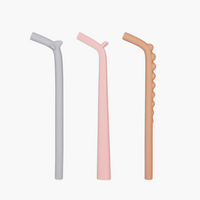
When your baby’s first tooth comes in, you’re probably overjoyed and taking countless photos of your little cutie to forever capture the moment. Understandably, first-time parents have many questions about the life stages, including what teething and how to soothe their baby. Continue reading this article for the tips you need to know about your little one teething.
What Is Teething?
Teething is one of many life stages babies go through as they grow and their body develops. During this stage, their gums often become sore because their teeth need to grow through their gums. It can feel pretty uncomfortable for them.
Most babies begin teething anytime between 4 and 7 months old, but keep in mind that every baby is different. Typically, babies have all their teeth by the time they’re 3 years old.
Common Signs of Teething
There are a few signs your baby may show as they begin teething to signify to you what’s going on in their little body. Some infants become extra fussy, but others drool more than usual. Other signs of teething include:
- Increased desire to chew
- A shift in typical sleeping and eating patterns
- Red gums
If your baby seems fussier than usual, see if they’re showing other signs of teething so you can rule out all possible causes. You should also verify that your baby isn’t sick and that nothing else is wrong that may require a visit to the doctor. In the information below, we’ve further detailed the typical signs of teething to make things easier for you.
Desire To Chew
One of the most common signs of teething is an increased desire to chew things. It may seem like your little one wants to bite on nearly everything they can get their hands on!
Change in Eating and Sleeping Patterns
This isn’t to say that teething causes babies to eat and sleep less than normal, because that isn’t accurate. Rather, infants may have a harder time staying asleep because teething feels highly uncomfortable. Think about the last time you felt sore. Was it easy to get cozy and drift off to sleep, or did it seem like no matter how hard you tried, you couldn’t get comfortable?
Similarly, teething babies may display fewer signs of wanting to eat, but this doesn’t mean they have a smaller appetite. Eating can feel uncomfortable with those tender gums, which decreases their desire to eat, but your baby is still hungry.
Red Gums and Drooling
Your baby’s gums may be red or appear swollen because the area is tender. Technically, drooling doesn’t occur because of your baby’s teething, but rather due to the increased need for their salivary glands. Our saliva helps us chew and eat solid foods, which wasn’t needed when your baby’s diet only consisted of breast milk and formula.
Soothing Tips for Your Baby
Now that we’ve discussed what teething is and the common signs, let’s talk about how you can help your baby. While you can’t eliminate the pains of teething, there are a few ways for you to help your little cutie feel a bit better. Some of these soothing tips include:
- Gum massages
- Investing in teethers
- Feed them frozen and soft foods
Gum Massages
Who doesn’t love a nice massage? Massaging your baby’s gums can help ease the soreness your baby feels as its teeth grow. Just remember to wash your hands before gently rubbing their gums.
Invest in Teethers
Every baby needs a great teether that they can gnaw on for some gum relief. Although these come in various shapes, sizes, and materials, it’s best to buy a silicone teether. This is because, unlike other materials, silicone doesn’t harbor bacteria and is hypoallergenic. So, not only is it more sanitary—a key characteristic for something going into your baby’s mouth—but it’s also less likely to cause an allergic reaction.
The shape of the teether is also vital, as it should be easy for your little one to grab and hold onto it independently. As cute as some of your teether options may be, if they are oddly shaped or seems like they could pose a choking hazard, they’re not worth it. Remember, teethers aren’t toys, and parents should never treat them as such.
Buy Top-Quality
Ryan & Rose sells solo teethers and two-in-one teethers that are pacifiers on the other end. With essentials like this, you’ll always have the comfort items needed to keep your little cutie happy and soothed. Ryan & Rose also sells cute pacifier clips that you can use to keep their pacifier or teether clipped to their clothing, stroller, or anything in between!
Frozen and Soft Foods
When your baby starts teething, they may not want to eat certain foods, specifically those that are harder on their gums. A growing infant needs to eat, so try feeding them mashed fruits, yogurt, eggs, or other soft foods. Some parents also freeze foods like yogurt so their baby can suck on it to get the comfort they desire
Parenting Tip
Keep in mind that a fever above 101 degrees Fahrenheit is not normal, nor is diarrhea or non-stop crying. If your little cutie displays these symptoms, bring them to the doctor to ensure they aren’t sick.
By paying close attention, caring for your baby becomes easier. After all, they can’t speak just yet, so you have to rely on their physical cues to determine what’s causing their discomfort. At Ryan & Rose, you’ll find all sorts of teething and other baby essentials you need, designed with a baby’s preferences in mind.




